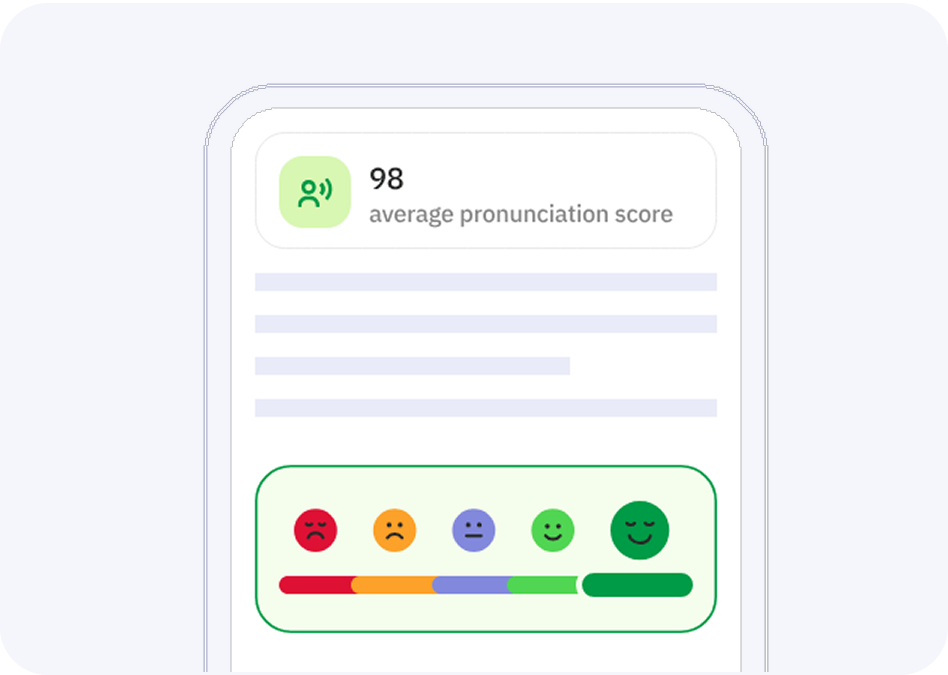What Language Is Spoken On The International Space Station?
Have you ever wondered about communication aboard the International Space Station (ISS)? Orbiting around Earth, astronauts from different parts of the world live, work, and communicate together every single day. Since these crew members come from diverse cultural backgrounds, you might wonder: Which language do astronauts use aboard the ISS? In this blog post, we'll dive into the specific language(s) used by astronauts, look at the reasons behind this linguistic choice, and answer some frequently asked questions.

The talkpal difference

Personalized Education
Every student has a distinct style of learning. By leveraging Talkpal technology, we can observe the learning habits of millions of users at once to build highly effective educational environments that adjust to match the preferences of every individual.

Cutting-Edge Technology
Our main goal is to lead the way in providing accessible and tailored education for everyone by utilizing the newest innovations in high-tech development.

Making Learning Fun
We believe the educational journey should be delightful. Since keeping your momentum up while studying online is often hard, we built Talkpal to be captivating. It is designed to be so interesting that people choose to improve their skills instead of playing video games.
LANGUAGE LEARNING EXCELLENCE
The most efficient way to learn a language
Try Talkpal for freeOfficial Language Used on the International Space Station (ISS)
To quickly answer the question, the two primary languages used on the ISS are English and Russian. Due to the international collaboration involved in the project, NASA and Roscosmos (Russian Space Agency) agreed to adopt English and Russian as the station’s official languages. Astronauts and cosmonauts must be proficient in at least one and preferably both of these languages for effective communication.
Why English and Russian?
The ISS is a collaborative effort involving space agencies from different countries, primarily:
- NASA (United States)
- Roscosmos (Russia)
- ESA (European Space Agency)
- JAXA (Japan Aerospace Exploration Agency)
- CSA (Canadian Space Agency)
But why specifically English and Russian?
1. Historical Legacy in Space Exploration
English and Russian have become the languages of space exploration mainly due to historic space successes by NASA and the former Soviet Union. Since these two agencies pioneered early space exploration missions, the usage of their languages naturally became standard.
2. Working Together in Space
Since astronauts aboard the ISS are involved in daily tasks requiring collaboration, standardized communication is crucial. To enhance safety, reduce misunderstandings, and facilitate teamwork, English and Russian were officially adopted to ensure clear and precise communications.
3. Communication with Ground Control
Ground control centers that oversee ISS operations are located in multiple countries. The major control centers are NASA’s Johnson Space Center in the USA and Roscosmos’ Mission Control Center near Moscow. Thus, clear communication channels in at least two languages are crucial to optimizing communications and handling critical situations effectively.
Training for Astronauts
Astronauts selected for ISS missions generally undergo extensive language training programs, regardless of their original languages. Fluency in English and basic proficiency in Russian (or vice versa) is highly encouraged and sometimes required. Training typically includes:
- Speaking practice
- Radio communication simulations
- Advanced technical vocabulary
- Cultural awareness sessions
Astronauts are trained to handle technical communication clearly and swiftly, as this capability can be critical in emergency situations.
Cultural Diversity and Communication on the ISS
Although English and Russian are official languages, astronauts aboard the ISS often come from various linguistic and cultural backgrounds. As a result, astronauts tend to share and appreciate their cultural linguistic heritage by teaching colleagues certain words in their native languages, enhancing camaraderie and promoting cross-cultural understanding.
Conclusion
To ensure a safe, efficient, and productive environment aboard the ISS, astronauts primarily use English and Russian as standard languages. The choice ensures clear communication and provides a unified approach to handling day-to-day operations and emergencies. However, the spirit of collaboration aboard the ISS also reflects openness toward fostering multicultural and linguistic exchanges between crewmembers.
The most efficient way to learn a language
Try Talkpal for freeFrequently Asked Questions
What are the official languages spoken aboard the International Space Station?
Do astronauts need to know both languages to join a space mission?
Are other languages besides English and Russian allowed on the ISS?
How do astronauts communicate with Ground Control?
What kind of language training do astronauts receive before going to space?







